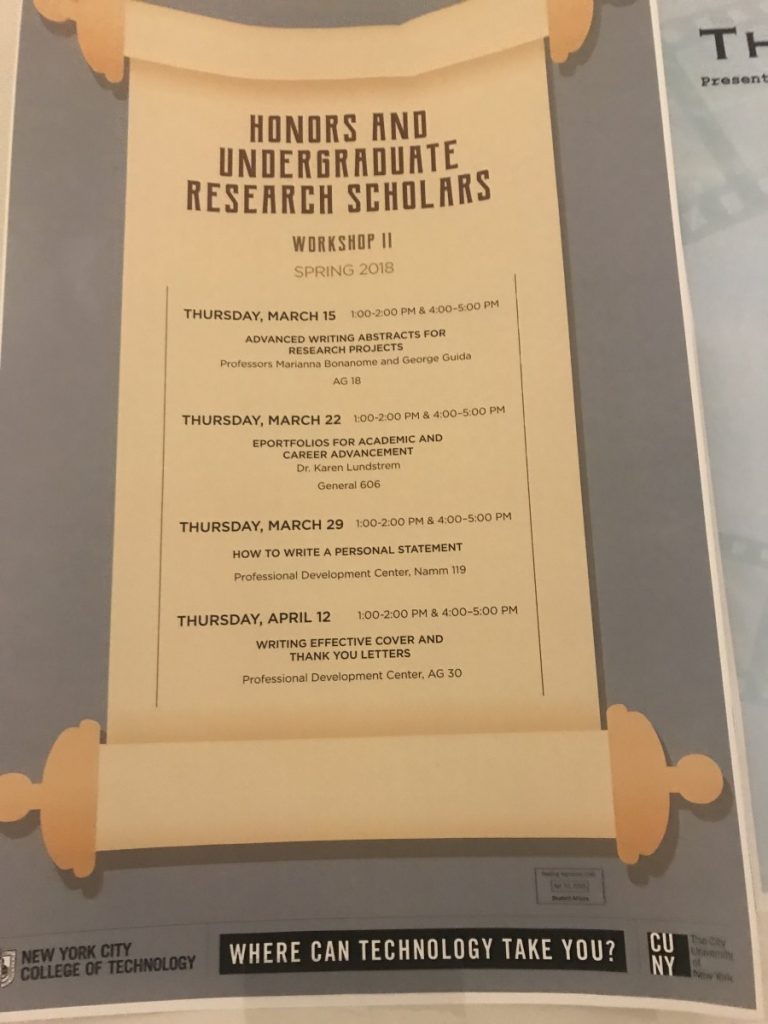TO: Professor Dr. Jason W. Ellis
FROM: Ronald C. Hinds
DATE: March 23, 2018
SUBJECT: Culture Thrives on Dusty Fields
Apropos our ongoing discussions on language, the New York Times of Thursday, March 15, 2018, reports on efforts by Oaxacan immigrants to maintain their culture through nurturing their language. I urge my classmates to read this piece titled, “Culture Thrives on Dusty Fields.”
These immigrants nurture their language while enjoying a ballgame called “pelota mixteca.” Victoria Fromkin describes language as a system that relates sounds and gestures to meaning. There are more than 7,000 languages in the world and nearly half of them are in danger but these immigrants in the San Fernando Valley are keen in maintaining their traditions and their culture. Some of these players also speak Zapotec and Mixtec and some speak an Oaxacan language known as Valle (valley). Over 400,000 people speak Valle. But second generation Oaxacan children are reticent about speaking in their indigenous tongue because they are subjected to harassment by vile and backward racist stereotypes.
I sympathize with the 3 men who are the last speakers of the Badeshi language. They live in a remote village in Northern Pakistan. They are witnessing, according to a BBC news report, the demise of their language now considered as extinct.
The Oaxacan immigrants play their game, which is more than a pastime, partly because it serves as a living and defense network for their immigrant community. Immigrants are under attack in this current political climate but remember that under the Obama administration over 1.9 million immigrants were deported. President Obama became known as the “deporter-in-chief.” The United States of America has the largest immigration detention system in the world. A fight must be organized and waged for full citizenship rights for all immigrants.
These pelota mixteca players must allow women to play this game. They should not discriminate because of gender.
Reference
Thompson-Hernández, W. (2018). Culture Thrives on Dusty Fields. New York Times. National section. 15 March 2018. Late ed. Pg.16.
Domonoske, C. “Linguists Discover Previously Unidentified Language In Malaysia.” International Section, NPR, 7 February 2018. AM ed.
Internet Source
Syed, Z. (26 February 2018). Badeshi: Only three people speak this ‘extinct’ language
www.bbc.com/news/world-asia-43194056. Downloaded on 20 March 2018.
Keywords: pelota mixteca, reticent





